
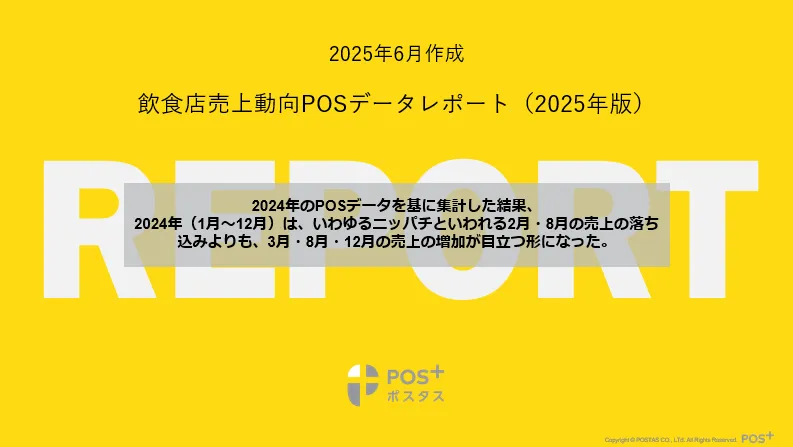
Analyzing Restaurant Sales Trends in 2024: Key Insights from POS+ Data
Overview of Restaurant Sales Trends for 2024
In 2024, Postas Co., Ltd. has gathered and analyzed data from its cloud-based mobile POS system, POS+, to study annual sales trends in the restaurant industry. The research particularly focuses on the so-called "Nibatchi" phenomenon, where sales tend to decline in February and August. The findings provide valuable insights into seasonal fluctuations and customer behavior in Japan's dining sector.
The Nibatchi Phenomenon
Traditionally, February and August have been associated with decreased restaurant sales due to various factors: February often reflects a post-holiday spending drop combined with colder temperatures, leading to less dining out. In August, the trend continues with many customers returning to their hometowns, reducing patronage in metropolitan areas. However, the data collected for 2024 tells a different story, suggesting emerging trends contrary to established beliefs.
Analysis of Monthly Trends
Through the POS data analyzed for 2024, Postas found notable changes in sales patterns throughout the year. While February indeed showed lower sales figures compared to other months, August displayed an increase instead of a decline. This contradicts the prevailing expectations regarding the Nibatchi effect.
Sales saw an uptick in March and December as well, indicating that the restaurant industry may be experiencing a revival post-COVID-19 pandemic, with increased consumer spending further fueled by a rise in inbound tourism from international visitors.
Key Findings
Customer Count vs. Customer Spending
A critical observation from the data is that variations in sales are more closely linked to customer counts rather than individual spending amounts. Customer average spending remained relatively stable throughout the year, with some increases noted in March. Notably, December reported the highest average spending per customer, likely driven by year-end parties and holiday festivities.
Insights by Business Type
1. Restaurant Types: February saw minor sales declines across various restaurant types, marking it as the only month to exhibit a typical Nibatchi drop. Conversely, many restaurants recorded increased sales in March and December, aligning with seasonal celebrations and increased local dining.
2. Seasonal Factors: Weather conditions were a significant influence on sales trends. March brought warmer temperatures, which likely encouraged more dining out. Additionally, July saw a surge in sales for eel dishes, highlighting the impact of seasonal food offerings.
3. Event Timing: The period regulatory calendar, particularly year-end events, contributes positively to sales. December, with numerous year-end parties, amplified sales across the board.
4. Tourism Impact: An increase in both domestic and international tourism, especially in August, had a positive effect on restaurant revenues. Many travelers opting for dining experiences while visiting Japan provided a boost to sales, further enhancing the industry's recovery.
Conclusion
As a leading provider of mobile POS solutions, Postas Co., Ltd is committed to helping restaurants adapt to ongoing changes in the retail landscape. By analyzing POS sales data and providing actionable insights, the company aims to continue supporting restaurateurs in optimizing their operations and enhancing customer experiences. The trend analysis for 2024 indicates not only a bounce back from previous hardships but also an evolving consumer behavior that may redefine typical sales patterns going forward.
Future Directions
Postas intends to persistently track and analyze these trends to provide its partners with data-driven strategies for enhancing their operations. The company’s vision, "Together, we create the next level of hospitality," guides its commitment to ongoing support and innovation in the restaurant sector.
For more information about Postas Co., Ltd and its solutions, visit Postas Official Website.
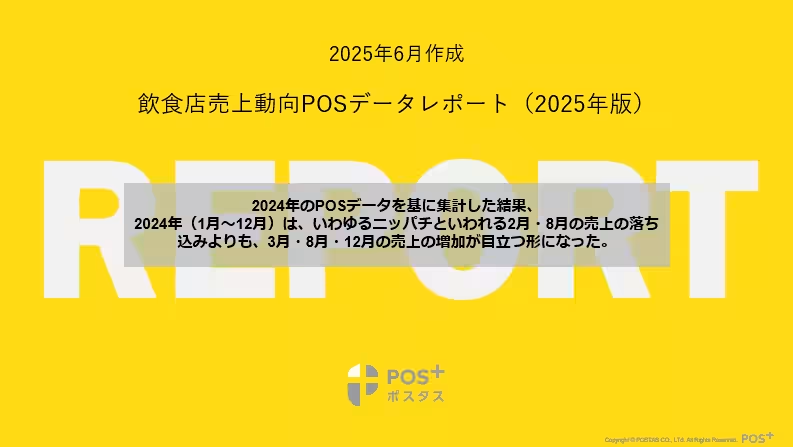
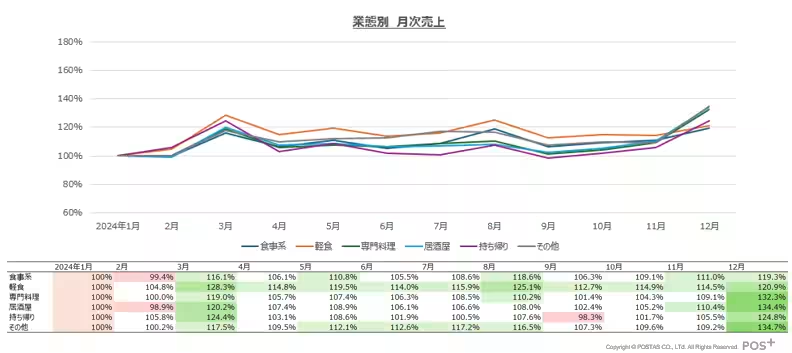
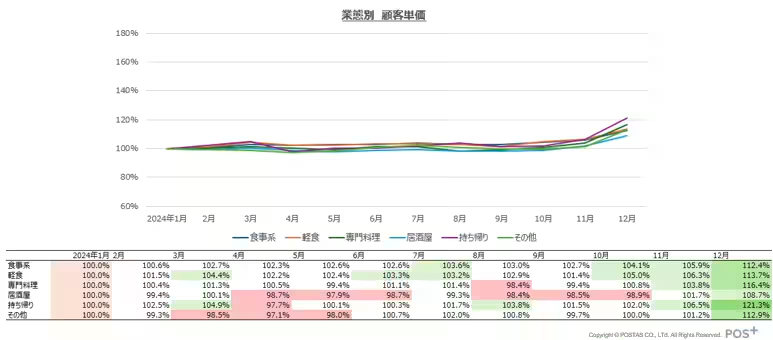
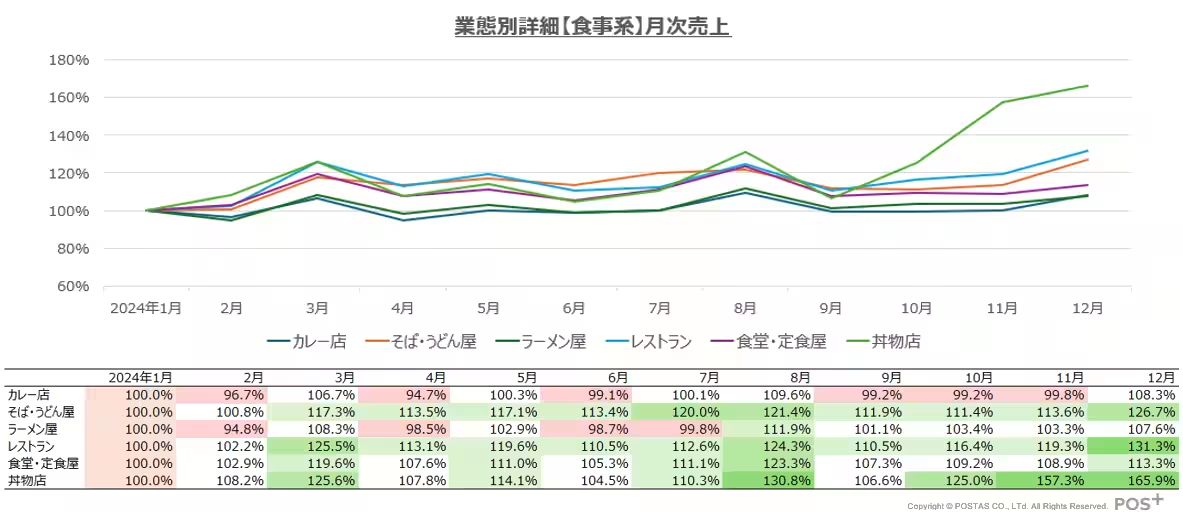
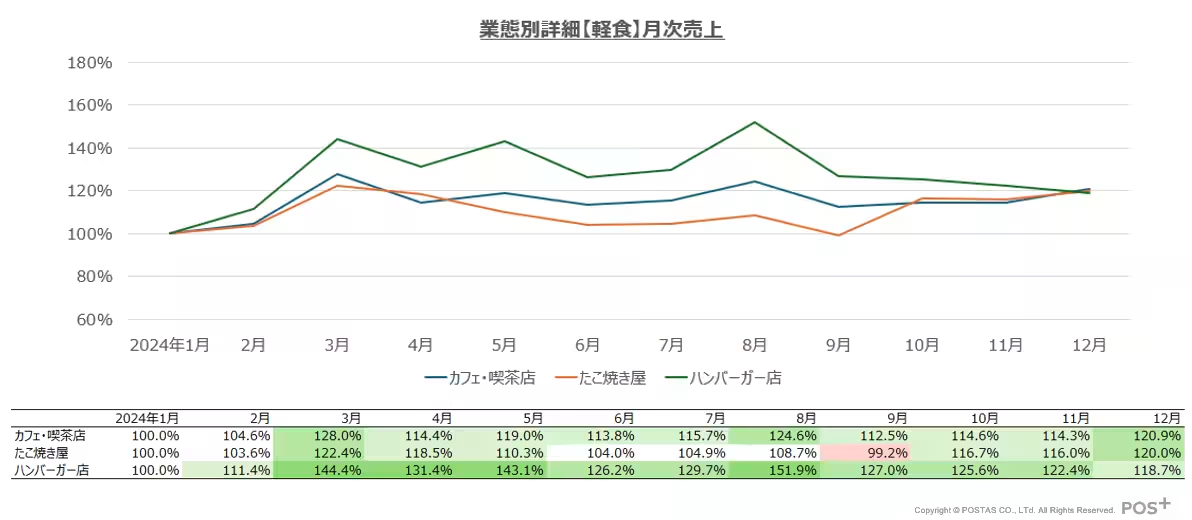
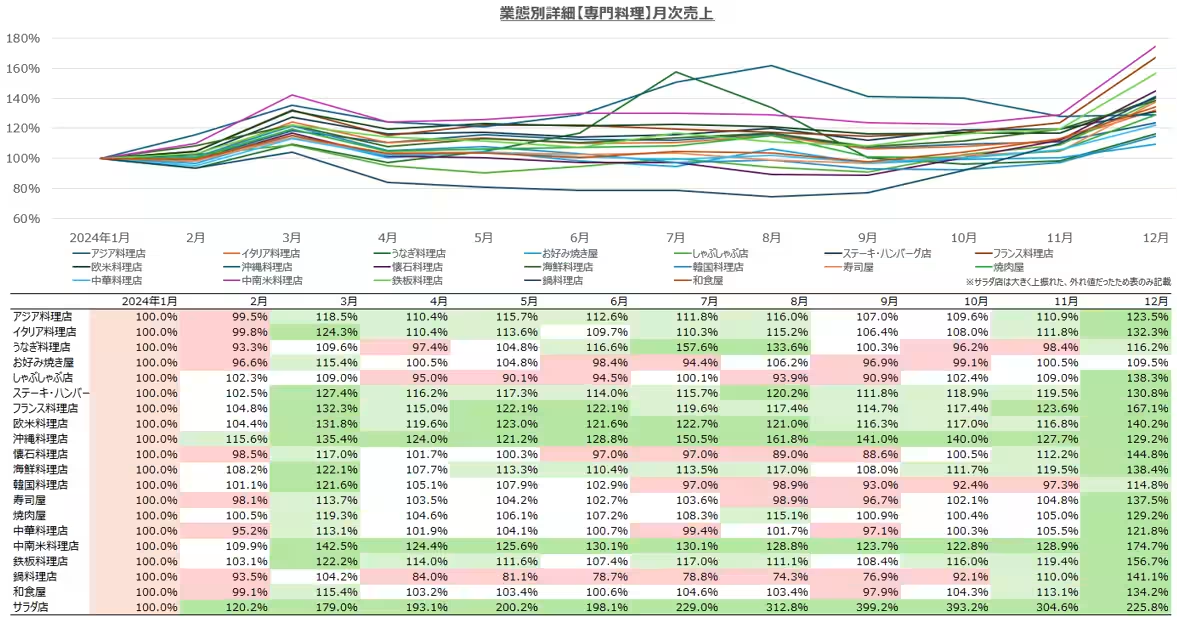
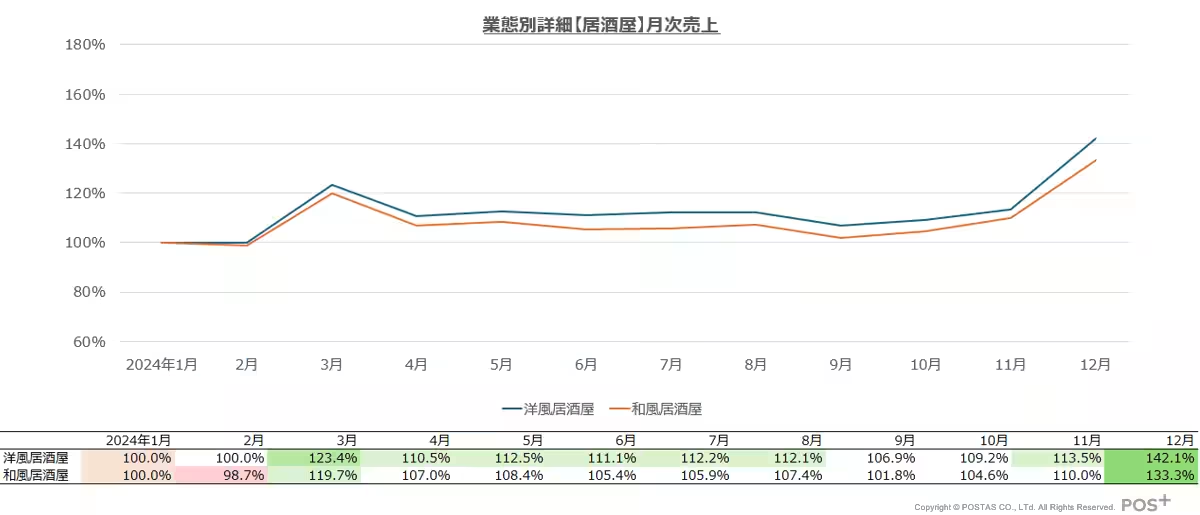
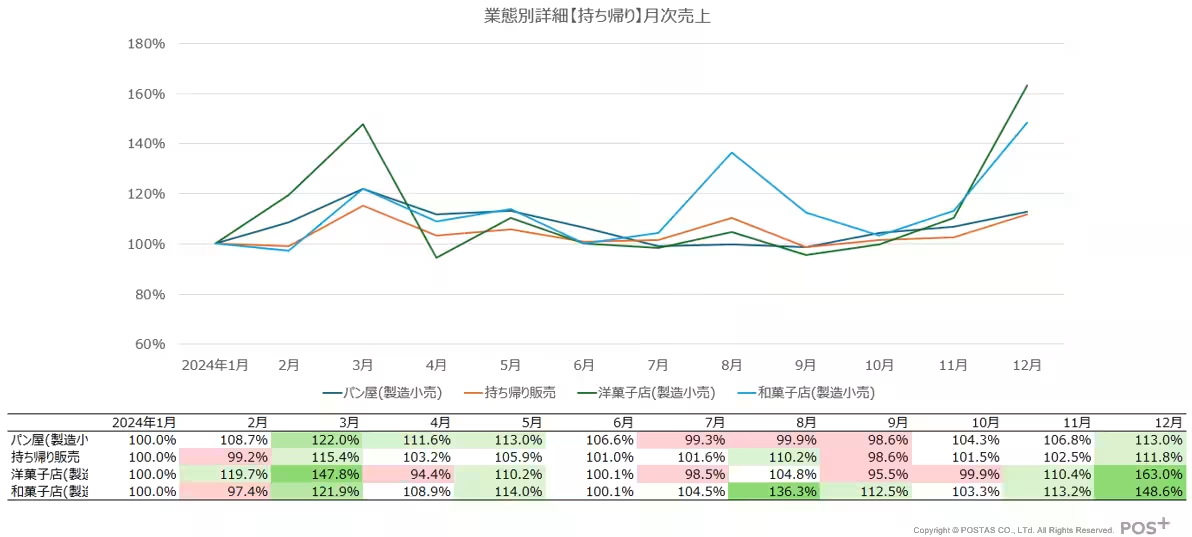
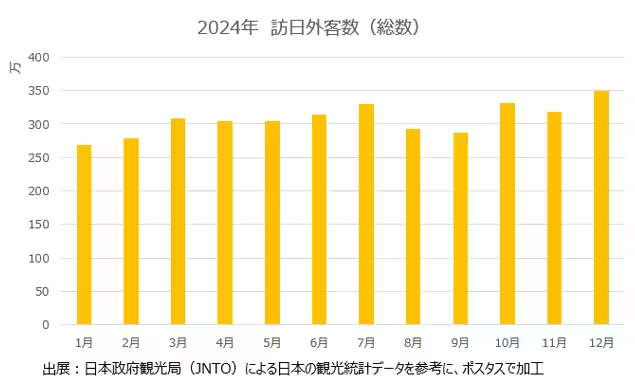
Topics Consumer Products & Retail)










【About Using Articles】
You can freely use the title and article content by linking to the page where the article is posted.
※ Images cannot be used.
【About Links】
Links are free to use.